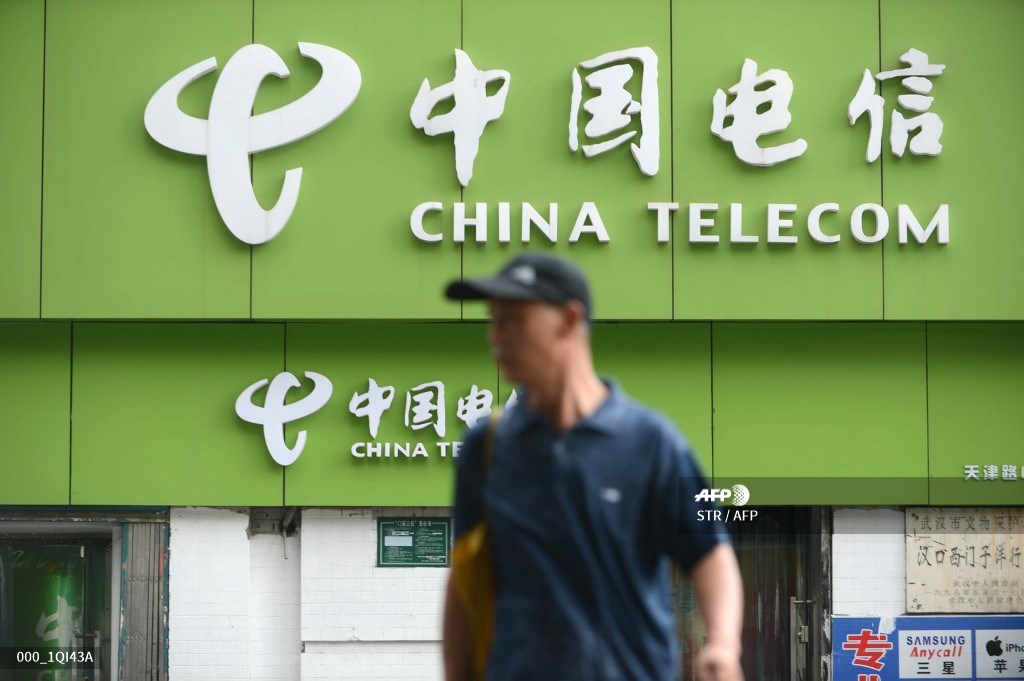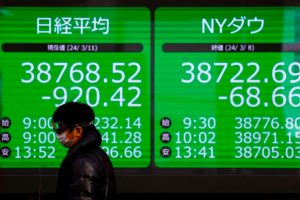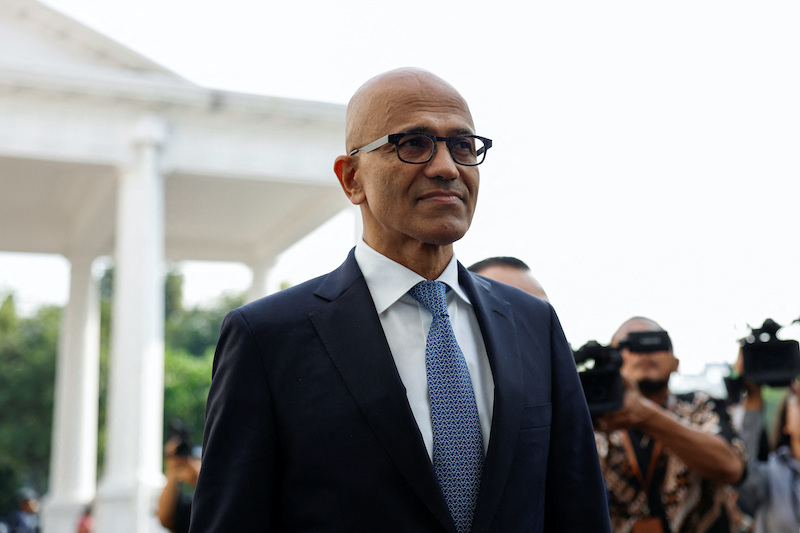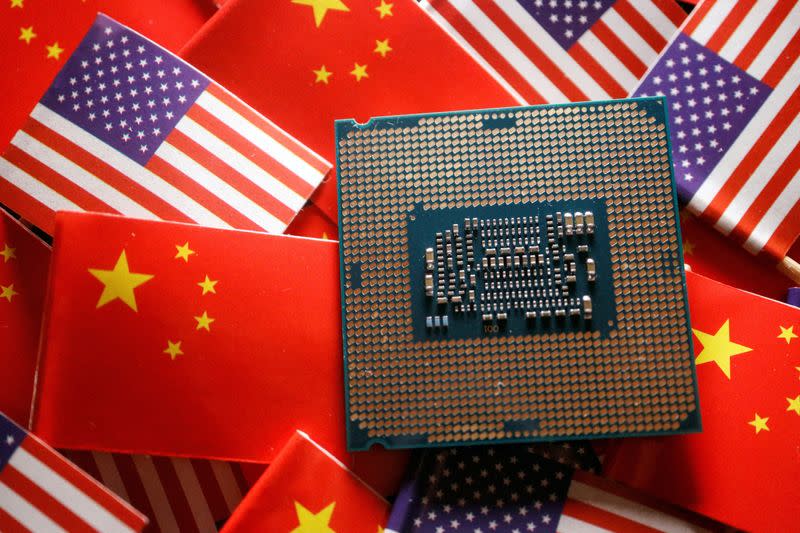(ATF) The New York Stock Exchange says it is no longer going ahead with the delisting action initiated against China Telecom, China Mobile and China Unicom (Hong Kong) – a move announced last week.
“NYSE Regulation no longer intends to move forward with the delisting action in relation to the three issuers,” the exchange said in a statement.
“At this time, the Issuers will continue to be listed and traded on the NYSE. NYSE Regulation will continue to evaluate the applicability of Executive Order 13959 to these Issuers and their continued listing status.”
The Exchange said the decision not to delist the three companies was made “in light of further consultation with relevant regulatory authorities in connection with Office of Foreign Assets Control”.
But the underlying reason or reasons for not proceeding with the move were not explained further.
In early trade on the Hong Kong Stock Exchange, China Mobile shares rose as much as 7.2%, China Telecom gained 7.7% and China Unicom rose as high as 9.2%, following the announcement.
Turnaround puzzles analysts
The sudden turnaround mystified analysts as well as investors.
“The bizarre decision by NYSE to delist the Chinese telcos has been reversed. This is the most bizarre series of events we have witnessed in the US during this analyst’s career,” Edison Lee, who works for Jefferies & Co said. “We were already puzzled by this decision since the three Chinese telcos have not been officially included in the list of CCMCs (Communist Chinese Military Companies), and NYSE did not delist CNOOC, which is in exactly the same position as the Chinese telcos.
“Does it mean the Chinese telcos will not be on the US investment ban list? We think this is the logical conclusion. We still expect the US Department of Transportation to publish this week the final list of Chinese companies that will be subject to the US investment ban, which will give us the final answer. The Trump Administration has limited time to reach an internal consensus and finalise the list. If it does not happen before Jan 19, Biden will take over, and he will unlikely act on it any time soon.
“We remain fundamentally bullish about the Chinese telcos, and China Telecom is our top pick, followed by China Unicom and China Mobile.”
On Tuesday (Jan 5) China Unicom issued an announcement saying the New York Stock Exchange had posted a new announcement on Monday stating that authorities no longer intended to delist shares of the three companies (or their American Depositary Securities), and they would continue to be listed and traded on the NYSE. Regulatory officials would evaluate the applicability of the Executive Order issued by President Trump in regard to the company and its listing status. So China Unicom would pay close attention to this. It advised shareholders and potential investors to exercise caution when trading the company’s securities.
The issue arose last Thursday, when the NYSE said it would delist China Mobile Ltd, China Telecom Corp Ltd and China Unicom Hong Kong Ltd following the US Government’s move in November to block investment in 31 firms it says are owned or controlled by China’s military.
Beijing protested against the move on Monday, with Hua Chunying, a spokeswoman for China’s Foreign ministry, saying the Trump administration’s action reflected how “random, arbitrary and uncertain” US rules can be.
“I want to emphasize that China is firmly opposed to the US’s politicisation of economic and trade issues, abuse of national power, and generalisation of the national security concept for unprovoked suppression of Chinese companies. The relevant actions of the US seriously violate the the market competition principles and international economic and trade rules that the US has always advertised,” she said.
She said the status of the US as an international financial centre depends on the trust of global companies and investors in the tolerance and certainty of its rules and systems. But recently, some political forces in the US continued to suppress foreign companies listed there “for no reason, reflecting the arbitrariness, and uncertainty of rules and systems. The actions of the United States are very unwise. They will not only damage the interests of investors in various countries, but also directly damage national interests and its own image of the United States, and damage the global status of the US capital market.”
Impact of delisting downplayed
The delisting of the three companies was expected to put short-term selling pressure on the stocks, as the ADR shareholders may convert their holdings into Hong Kong shares before selling them and the stocks’ potential removal from indexes such as MSCI and FTSE could also lead to selling by index funds, analysts had said.
But the fundamentals of the company were sound, according to Citi analyst Michelle Fang.
“Chinese telcos’ operations are mainly domestic focused and their sound fundamentals along with recovery trends and positive cash flows will not be affected by the delisting,” she said.
Citic Securities analysts had also played down the impact of the delisting decision.
“The three firms on average only have 1.5% of their shares listed in the US and the rest in Hong Kong, have ample liquidity, and haven’t done any fundraising in the US for 20 years. Having shares listed in the US will only pose more risk for them,” they said.
Washington has hardened its stance against China in recent weeks. In December, it added dozens of Chinese firms to a trade blacklist, accusing Beijing of using them to harness civilian technology for military purposes.
Hua said China would take any necessary measures to safeguard the legal rights of Chinese firms.
“In recent years it’s been quite normal to see Chinese firms delist in the US or have secondary listings in Hong Kong,” the Citic analysts wrote. “With the delisting, the three telcos will get a chance to have their shares re-evaluated and reduce financial disclosure cost.”
























